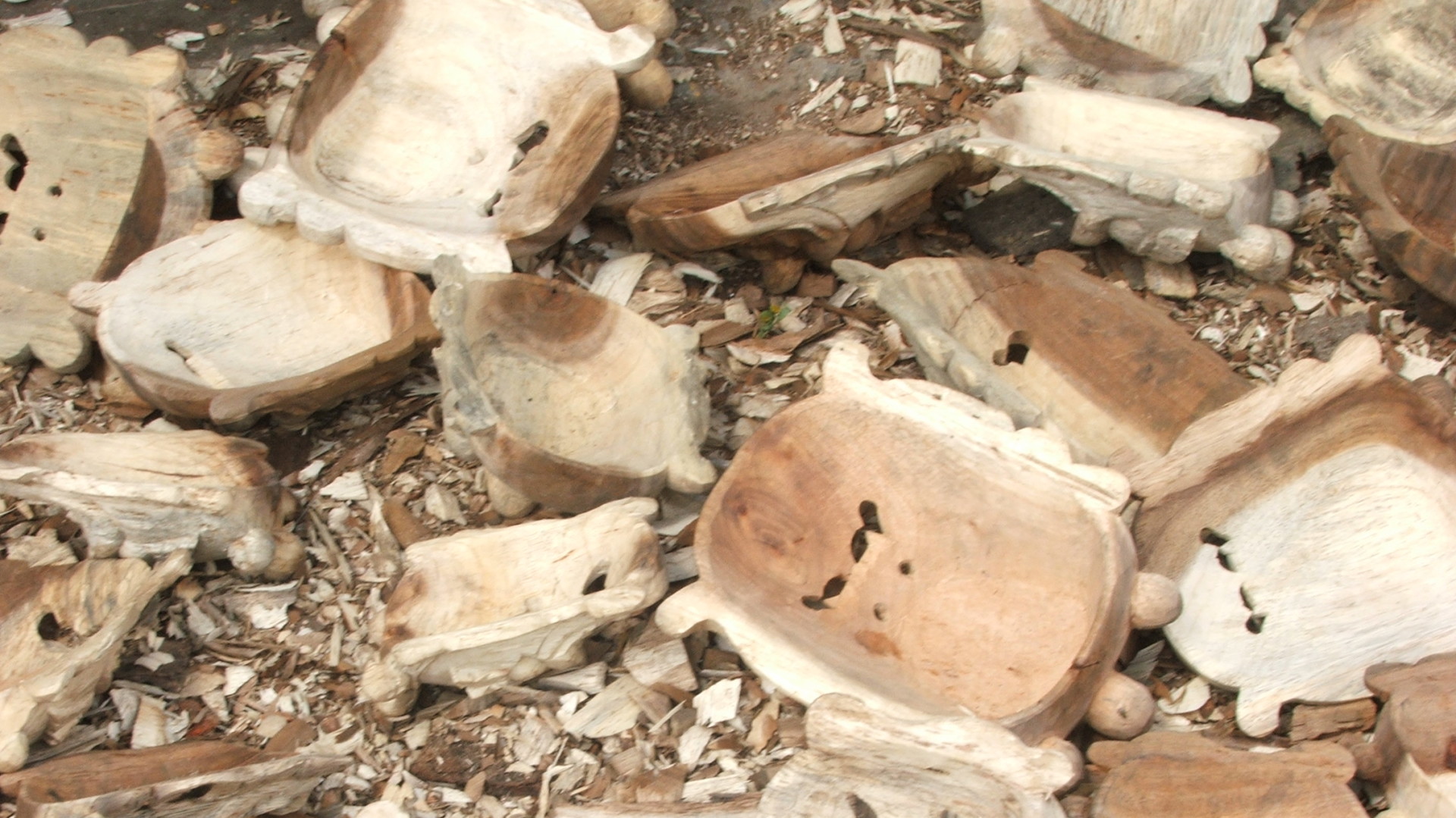Progressive cultural movements
To understand cultural work as a planned, systematic political project, I have researched how Maoists in Nepal employ popular culture, in particular the format of ‘cultural programmes’ to subvert dominant culture and to forward their revolutionary political struggle.
Cultural Programmes- in Nepali sanskritik karyakram – are described as public programmes including songs, dances, dramatic sketches – comedy, satire. They can be performed either for fundraising – with audience paying tickets, or for free during public gatherings and mass meetings with the objective of both educating and entertaining the audience. Songs, dances and dramas are inserted between the political leaders speeches to keep the level of attention high and update the audience on the party plans in a simple and straight forward manner. Besides documenting performances and their production process, I also focused on the motivations and life histories of the young cadres.
Most of my fieldwork took place during the transitional years 2006-08, with subsequent follow-ups.
Below are some pictures – by the author.
And a short clip, also filmed by the author during a programme in Chitwan (October 2006)
The clip below instead shows the end of the song and of the programme when artists and audience dance together, thus strengthening the bond between Maoist cultural workers and their supporters. Communal dancing took place mostly in smaller venues while in big spaces such as the Khula Manch in Kathmandu, artists would remain separated from their audience.
I have written more extensively on this topic in a book chapter (2010) as well as in my PhD dissertation (2010) and book (2018).
